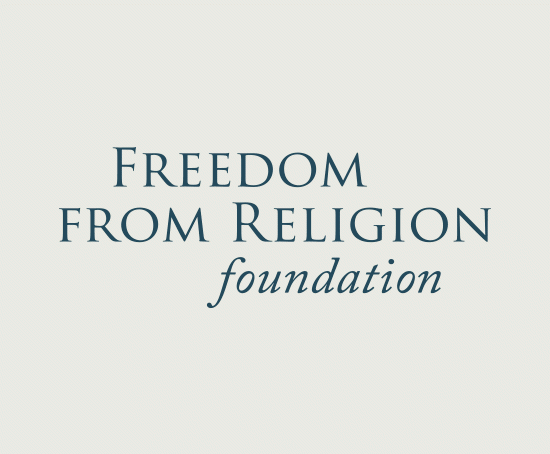· Apologetics > Apologetics and Unbelievers > Skepticism · 4 min read
Defending Faith: 5 Biblical Strategies Against Freedom From Religion
Explore the mission and impact of the Freedom From Religion Foundation in promoting secularism and defending the separation of church and state.

Freedom From Religion Foundation
The Freedom From Religion Foundation (FFRF) is a non-profit organization dedicated to promoting the constitutional principle of separation of state and church. Founded in 1976 by Annie Laurie Gaylor and her mother, Anne Nicol Gaylor, the FFRF aims to educate the public on matters relating to nontheism. Based in Madison, Wisconsin, the organization is led by co-presidents Dan Barker and Annie Laurie Gaylor, who are also co-hosts of Freethought Radio.
The Mission of the FFRF
The primary mission of the Freedom From Religion Foundation is to advocate for the separation of church and state. The organization actively works to prevent religious activities and expressions of faith from being present in public institutions. They have been involved in legal actions to cease prayers at high school graduations and football games, remove Bible verses from local school events, and ban similar expressions of religion.
The FFRF bases its legal action on what they refer to as the Jeffersonian “wall of separation between church and state.” However, it is important to note that the concept of separation of church and state is not explicitly stated in the U.S. Constitution. Instead, the First Amendment states that “Congress shall make no law respecting an establishment of religion or prohibiting the free exercise thereof.” This amendment limits Congress from passing certain laws while ensuring religious freedom for U.S. citizens.
The Origins of Separation of Church and State
The Founding Fathers who signed the U.S. Constitution were concerned about the potential abuses of a state church. As a result, they took steps to prohibit the establishment of an official state religion through legislation. However, their intention was not to suppress religious expression in public spaces. In fact, the majority of the Constitution’s signers identified as devout Christians and affirmed Christian beliefs.
Thomas Jefferson notably emphasized the concept of separation of church and state due to his desire to protect religious liberty from an overreaching government. Jefferson’s intention was not to remove all religious influence from public life but rather to prevent government interference in matters of faith.
The Impact on Christians
The actions of the Freedom From Religion Foundation have sometimes put Christians in difficult situations. For example, a local school that wishes to include a graduation prayer may face legal action or lawsuits. In such instances, local Christians must consider the importance of their faith and religious liberty in deciding how to respond.
The Bible provides examples of believers who faced opposition to their faith long before the establishment of the Freedom From Religion Foundation. Daniel, despite facing the threat of death in a den of lions, continued to pray despite the king’s edict. Peter and John were commanded not to preach in Jesus’ name and endured beatings, yet they persisted in spreading the gospel. The apostle Paul was arrested multiple times for teaching that Jesus was the Messiah. Throughout history, suppression of truth and persecution of believers have been present, as demonstrated in Romans 1:18.
Why This Matters
The work of the Freedom From Religion Foundation raises important questions about the balance between religious freedom and the separation of church and state. It is crucial for Christians to understand their rights and responsibilities within the framework of the U.S. Constitution. By engaging with these issues, believers can contribute to discussions about religious liberty and public expression of faith.
Think About It
Reflecting on the actions and legal battles initiated by the Freedom From Religion Foundation can lead to deeper consideration of one’s own beliefs. How important is it for Christians to express their faith openly in public settings? How can Christians respond to opposition or legal challenges while maintaining love for their enemies, as Jesus taught in Matthew 5:44? These questions invite believers to explore their convictions, examine biblical teachings, and seek wisdom on how to navigate these complex issues.



